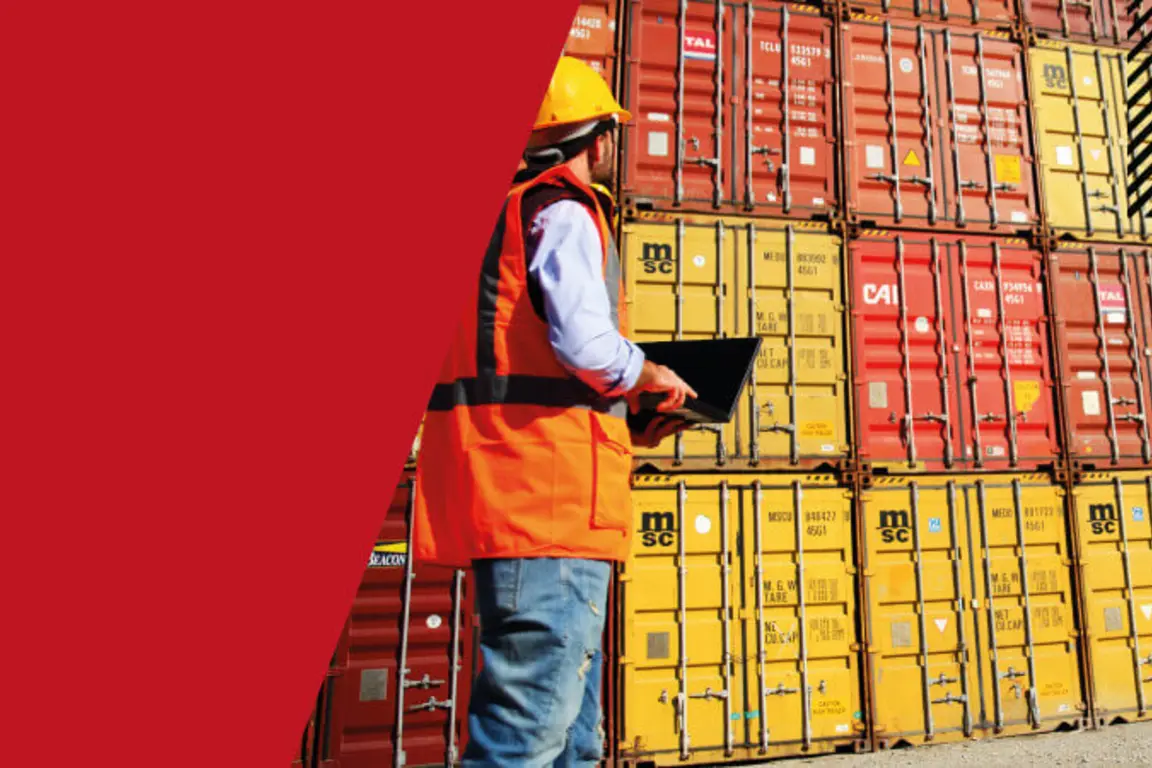UK ‘continuity trade’ agreements
- UK has been party to numerous international agreements with third countries as a member of the EU. These cover trade, regulatory co-operation, fisheries, agriculture, nuclear co-operation and transport co-operation (including aviation). The agreements involve 168 countries.
- The EU/UK Withdrawal Agreement allows for the UK to be able to continue to be covered by the EU trade agreements until 31 December 2020. From 1 January 2021, the Agreements will not apply to the UK. If the UK is not able to replicate the existing EU agreement, trade with these nations will take place on WTO terms.
- UK Government has been seeking ‘replication’ or “rollover” of all the EU’s trade agreements and other preferential trade arrangements with third countries. Trade policy is a matter of EU competence and through ‘replication’ the UK has sought to continue the current arrangements with these third countries. This would leave the option to negotiate fuller agreements in the longer term.
- Agreements that include trade involve 88 countries. Of these, there are around 40 Free Trade Agreements (FTAs) with more than 70 countries. Since 2017, the UK has commenced bi-lateral negotiations to ‘replicate’ these agreements.
- List of the countries that are subject to trade replication discussions and the position of each as to whether an agreement has been concluded https://www.gov.uk/guidance/uk-trade-agreements-with-non-eu-countries

Business Trips and Services

People

Trade
Each EU member state will have differing rules which UK businesses will need to comply with. These can cover the establishment of a new company, the recognition of professional qualifications, data protection and the requirement for an EU based representative.
- Data Protection
- The Recognition of Professional Qualifications
- European Representatives
- Changes to Companies House forms in the event of a no deal Brexit
UK based businesses will not automatically have a right to provide services in the EU single market.
Contact our Brexit hotline on 0808 168 584 or email us [email protected]
- UK nationals will be able to travel to the EU for business meetings and other business-related purposes.
- The EU has provided a platform of 90 days visa-free travel over a 180-day period.
- Travelling between the EU and UK after EU exit
- However, many activities may require a local work permit and also the employer to pay, locally, a social security contribution.
- Providing services to EEA and EFTA countries after EU exit
UK Nationals in the EU
-
The UK has left the EU and is a transition period until 31 December 2020
-
During this period, the rights of UK nationals in the EU will remain unaffected.
-
There are ongoing negotiations towards the new agreement with the EU which intends to cover the rights of UK citizens after the transition period.
EU Nationals in the UK
- All EU nationals that arrive in the UK before the end of December 2020, will be able to apply for permanent settlement.
- They will have until 30 June 2021 to make their application.
-
Until this time, they will be able to continue to live, work and study in the UK as they do now.
-
They will be able to access benefits and healthcare as they do now.
-
UK nationals will be able to travel to the EU for business meetings and other business-related purposes as they do now until the end of December 2020.
-
This, however, is subject to the need to comply with EU rules for business visitors and workers providing services in the EU.
UK based businesses will not automatically have a right to provide services in the EU single market
Contact our Brexit hotline on 0808 168 584 or email us [email protected]
Take these necessary steps to prepare for exporting and importing post Brexit.
- Get an Economic Operator Registration and Identification (EORI) number that starts with GB.
- EU EORI number – You will need an EU EORI number if you have one or more contracts with an EU customer that makes you responsible for making the customs import declaration in order to get your finished goods/products into the EU and safely delivered to your customer.
- It’s essential that you immediately appoint a specialist to handle your import and export declarations if you don’t already know how to do these yourself.This is vital to help avoid disruption to your business.
- Customs declarations are complicated and time consuming. Most businesses like yours will need professional support, such as a freight forwarding company or a fast parcel operator, to complete import and export declarations.. You can find a list of businesses that can help here
- If you’re making declarations yourself, you’ll have to get software to use the Customs Handling of Import and Export Freight system.
- Establish the UK origin of the final good prior to export and obtain origin certification - more here.
- Check whether your goods are prohibited or restricted in any way or whether any additional requirements are necessary. You can read a list of goods that you can’t bring into the UK. Some goods are restricted and you will need a special licence to bring them into the UK.
- If you already have authorisations to use special or simplified procedures check if they still apply.
- Make sure your contracts and International Terms and Conditions of Service show you are now an importer.
- Do you currently export to countries covered by EU Free Trade Agreements or any other trade agreements, and if so have you identified any loss of market access that may result after a no deal Brexit?
- Do you produce a product that requires Product Safety Labelling and/or requires the use of a Notified Body for conformity assessment reasons? Are your goods already on the market in either the UK or EU and issues check if these apply to you.
- REACH – check what will be required from businesses in case of no deal here.
